
Can Cultured Foods Hurt Me?
Cultured Food Safety
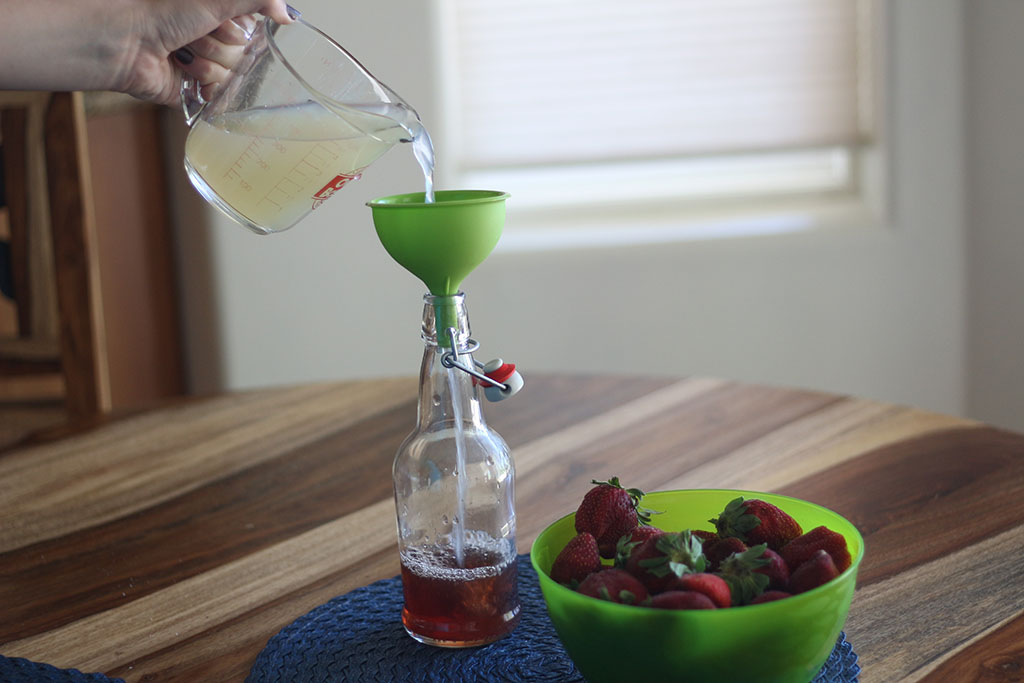 I get a lot of people writing me letters indicating that they are afraid they are going to get sick from eating cultured foods. They don't understand cultured foods and how they work - preconceived ideas and the social media have created fear, a lot of fear. These foods are some of the safest foods on the planet. Fermented foods have been a staple in diets around the world for centuries, cherished not only for their unique flavors and textures but also for their potential health benefits.
I get a lot of people writing me letters indicating that they are afraid they are going to get sick from eating cultured foods. They don't understand cultured foods and how they work - preconceived ideas and the social media have created fear, a lot of fear. These foods are some of the safest foods on the planet. Fermented foods have been a staple in diets around the world for centuries, cherished not only for their unique flavors and textures but also for their potential health benefits.
From the tangy crunch of sauerkraut to the refreshing fizz of kombucha, the sour taste in yogurt and kefir fermented foods are not only delicious but also brimming with health benefits. Yet, some people still wonder, "Are fermented foods safe?" Let’s explore the magic of fermentation and put those concerns to rest.
Fermentation Makes Food Safe
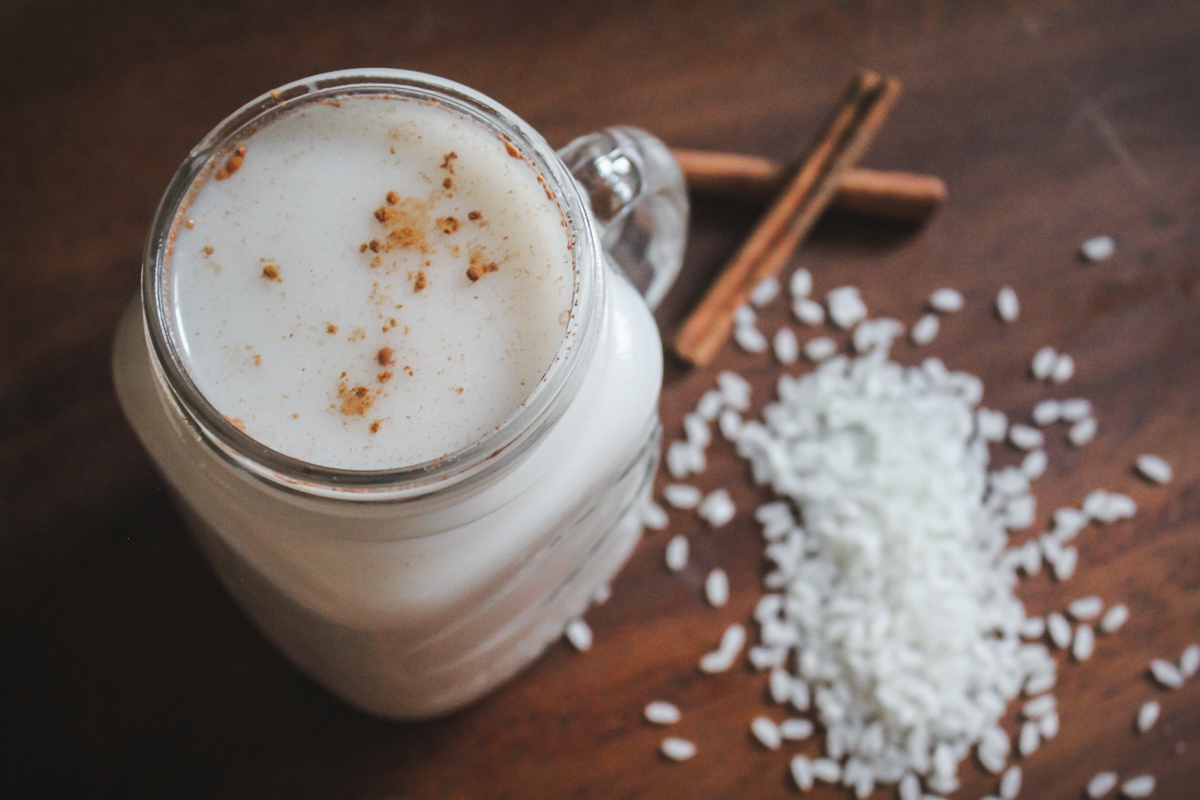
The fermentation process made possible the safe storage of food for thousands of years. It's how people protected themselves and made their food safe. They also found these foods had more vitamins than they contained before they were fermented. The fermentation process added enzymes and probiotics and helped people digest the foods they ate.
It's how the whole wonderful art of fermentation was designed to help us. First, it preserves the food; and then when you eat it, it preserves you and makes you live longer.
I have been eating these foods for so long and I have studied the science behind it; and I must tell you there are other forces going on here because fermentation is one of those wonders of the universe that I think is a gift to all of us.
Botulism Can't Get a Foothold
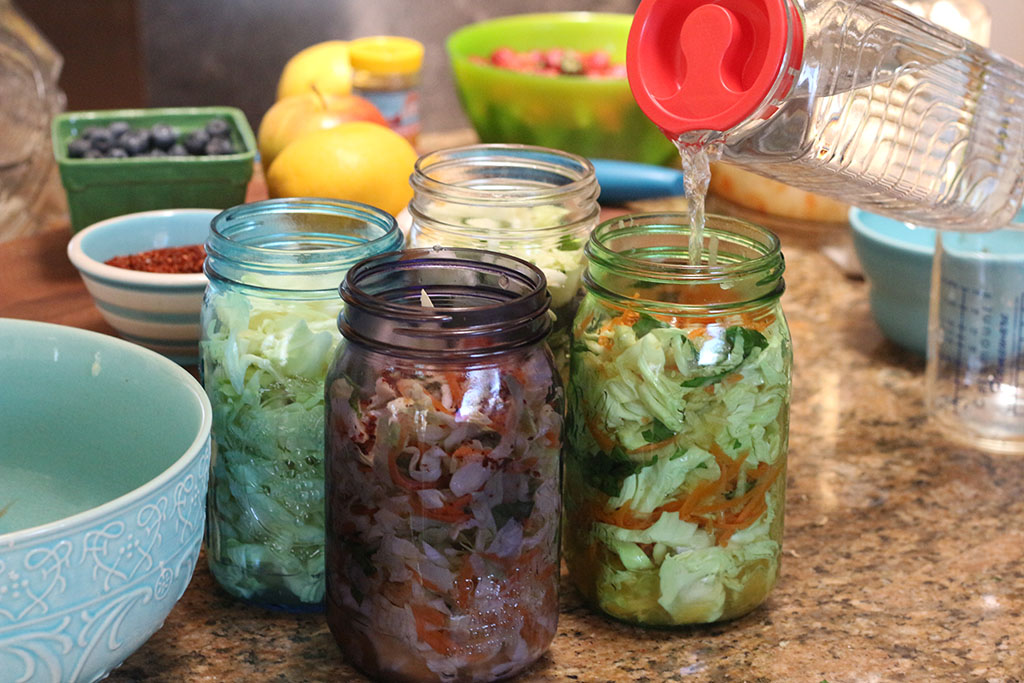
Natural preservation: It is true that if you see a can that has a raised lid you should never eat it. Do you know why? It is because all of the good bacteria have been killed and the only bacteria that can survive heat is botulism. So, yes, this is dangerous in canned foods. However, with cultured foods, the good bacteria are never heated, so they survive and take over, and botulism can't get a foothold. Fermented foods are naturally acidic and create an environment that inhibits the growth of harmful bacteria. The beneficial bacteria in fermented foods outcompete harmful pathogens, ensuring safety without the need for high heat.
What to look for: I have seen cultured veggies go bad by being exposed to air or veggies that weren't fresh, but you will always know when they are bad. You will see black mold and it will have a horrible odor that makes it impossible to want to consume. It's my favorite thing about cultured foods. They will show you something is "off," but this happens very infrequently. Almost always, they last for months and months in your fridge, preserved to perfection like a fine wine. Kombucha will turn to vinegar if you let it go too far. This, too, is something that will last forever in your cabinet and at this point, you can just use it as you would use any other type of vinegar.
These foods are not only safe, but they will also help you digest your food, make vitamin K in your gut, boost your immune system, fight viruses and pathogens, make serotonin and elevate your mood, lower your blood pressure, and lower your blood sugar. These are just a few of the things they have done for me. This is why I love them so, they are special cultures that sit upon my counter and transform my food which then transforms me.
No Safety Concerns
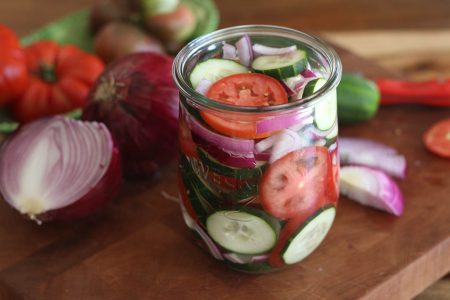
Breidt adds that fermented vegetables, for which there are no documented cases of food-borne illness, are safer for novices to make than canned vegetables. Pressurized canning creates an anaerobic environment that increases the risk of deadly botulism, particularly with low-acid foods.
These Foods Are Safer Than Canned and Even Raw Foods
For hundreds of years, we had no giant industrial agriculture where food was produced on a large scale. People bought or grew their food locally. Food was not processed and packaged on an enormous scale, and we had no airplanes, 18-wheelers, or massive cargo ships to distribute food.
It wasn't until the industrial model hit food production that we started having tons of people becoming sick from food sources. The government had to start regulating food safety because of how big and vast it had become. It was not because of the traditional farmer or food fermentation. So yes, these foods are not only safer than canned and even raw foods; but they are essential to keeping our bodies healthy and vibrant for years longer than if we didn't consume them.
Embrace the Fermented Life
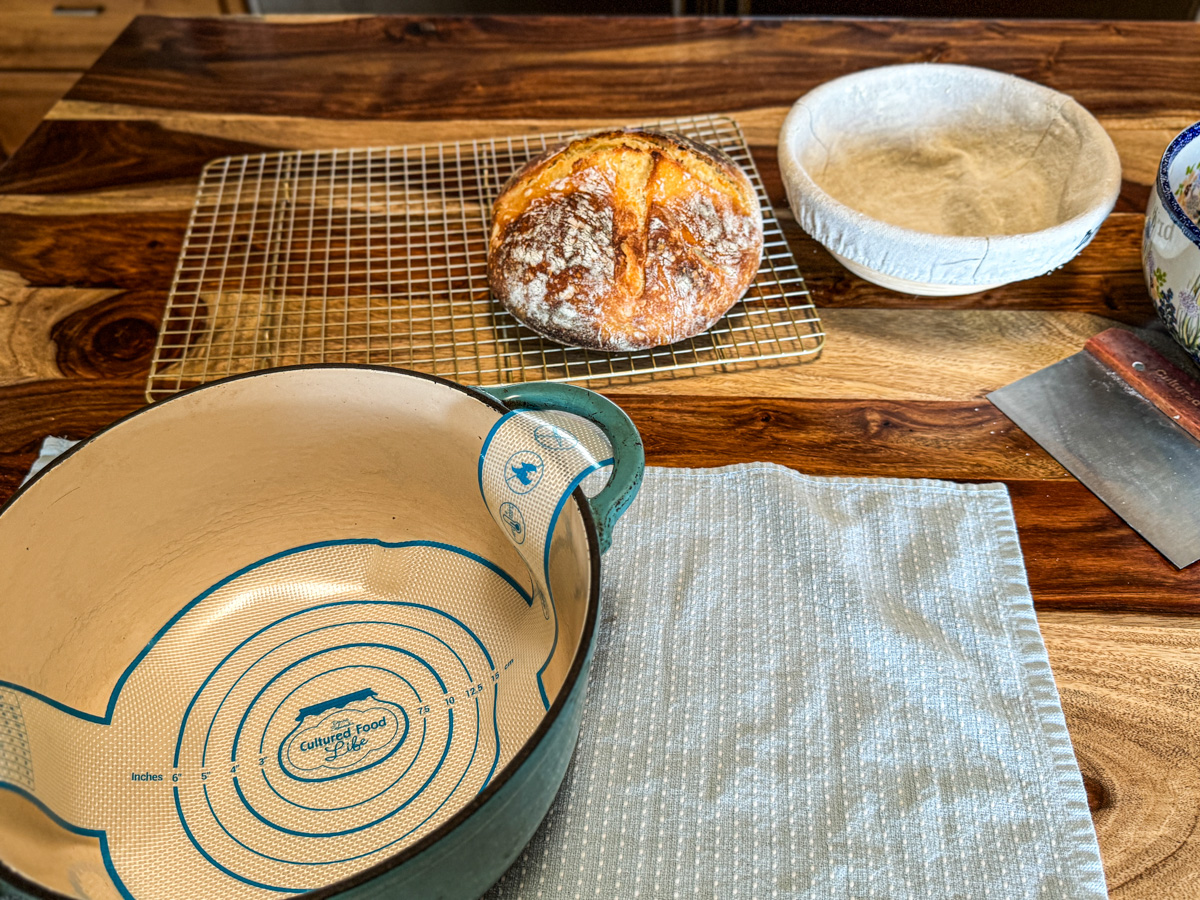
The Marvel of Fermentation
Here are some of my favorite fermented foods that you can easily incorporate into your diet:
- Kefir: A fermented milk drink that's teeming with probiotics.
- Yogurt: A fermented product made into a tart, thicker curd product with certain strains of probiotics.
- Kombucha: A fizzy tea that’s not only refreshing but also loaded with enzymes and beneficial acids.
- Sauerkraut: Fermented cabbage that's rich in vitamins C and K, and great for digestion.
- Kefir Soda: Kefir soda is a fizzy, fermented beverage made by fermenting water, fruit juice, or coconut water with a kefir starter.
- Sourdough Bread: Bread made with naturally fermented dough, which is easier to digest and more nutritious.
Listen To My Podcast
I get many people writing me letters indicating that they are afraid they are going to get sick from eating cultured foods. Fermented foods have been a staple in diets around the world for centuries, and these foods are some of the safest foods on the planet. Tune in to learn more.
Are you on the list?
Sign up today and I'll send you my free Getting Started Guide!
Each week I'll send you updates, tips, recipes, and more! You might even be a winner of my weekly giveaway! (starter cultures, memberships, and more!)
Come be a part of my cultured food family!


